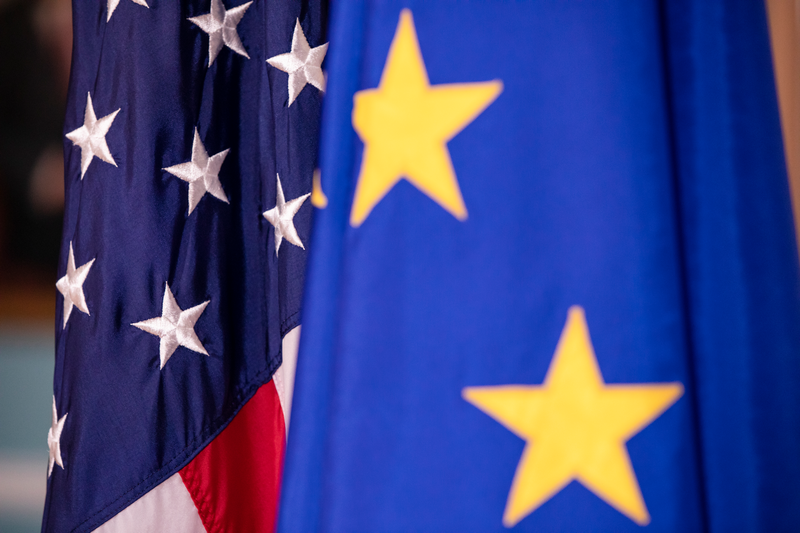Modernizing and strengthening the rules concerning transparency on the sustainability impact of companies is the aim of the EU’s Corporate Sustainability Reporting Directive (CSRD). It requires large companies to disclose information on risks and opportunities related to sustainability issues. And it will seriously affect businesses.
It is expected to
Register for free to keep reading
To continue reading this article and unlock full access to GRIP, register now. You’ll enjoy free access to all content until our subscription service launches in early 2026.
- Unlimited access to industry insights
- Stay on top of key rules and regulatory changes with our Rules Navigator
- Ad-free experience with no distractions
- Regular podcasts from trusted external experts
- Fresh compliance and regulatory content every day













